SGGPO
After decades of fierce debate, the Cuban Communist Party has allowed private enterprise. Since 2021, Cubans have been able to start small and medium-sized businesses that employ up to 100 people. More than 8,000 private businesses have been registered.
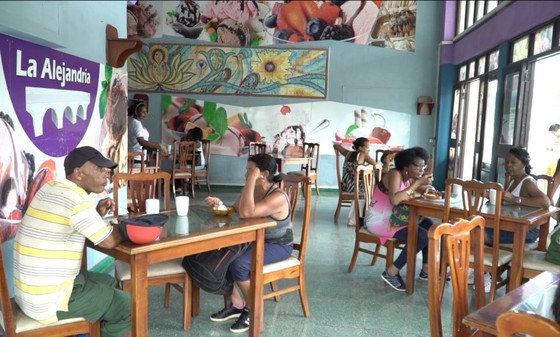 |
| Private ice cream shop in Cuba |
The private sector is booming again, bringing higher productivity. Roberto Rojas, who has a portrait of Fidel Castro in his office, founded Rojas Dairy nearly two years ago in the western Cuban town of Güines. Today, his company employs 28 people making yogurt and ice cream.
According to Al Jazeera, Roberto Rojas points out that in socialist countries like China and Vietnam, private enterprise thrives and is successful. Rojas Dairy is a model of young, innovative and socially responsible businesses. Importantly, for a cash-strapped country where putting a decent meal on the table has become a more difficult task in recent years, the food production business is all the more valuable. Milk is purchased from the state, while cocoa, stabilisers and colourings are imported from abroad. Townspeople bring their own bottles and containers to buy the yogurt they can afford. And thanks to local production, the town’s ice cream parlour, which had been closed for a decade, recently reopened. Rojas Dairy’s employees are enjoying a rise and are receiving good salaries.
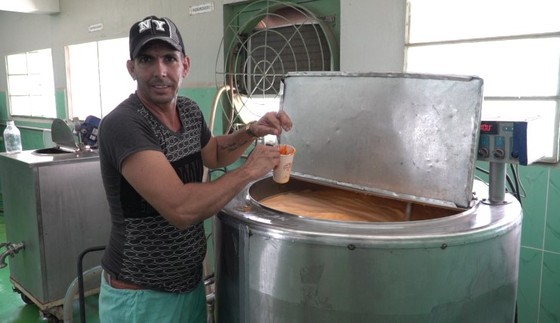 |
Roberto Rojas' private ice cream shop |
“The difference is huge,” said Jakcel Conteras, a former veterinarian assistant who is now one of hundreds of thousands of Cubans working in the private sector.
Other small businesses have also recently sprung up around the town centre of Güines, mostly kiosks selling imported goods such as cooking oil, toilet paper and detergents. Some locals seem happy with the selection.
“It (the decision to allow private sector activity) was the best thing the government did,” Luís Alberto Rodríguez said of the government as he went shopping by bicycle. Indeed, Cuba’s private businesses are now where you can find most of the products.
Expanding the private sector has been on the Cuban Communist Party’s agenda for more than a decade, but the Cuban government has been cautious in implementing the program. Raúl Castro, who was president from 2006 to 2018, tried to accelerate it.
Since 2020, Cubans have become accustomed to lining up for hours every day to receive food rations from the state due to budget constraints. In this context, the private sector is stepping up its supply and is on track to import $1 billion worth of goods in 2023.
Emily Morris, an economist at University College London, said there was some concern about a brain drain as the new private sector appeared to be sucking people out of the public sector in some cases. This meant that key positions in public agencies were vacant. And it could mean that the quality of services provided by the state to citizens would decline. Yet despite being aware of the problems, private entrepreneurs continued to expand.
Yulian Granados, owner of Rutami, a company that makes wooden toys, is excited about his plans. Amid a swirl of sawdust as machines carve blocks of wood, he says he finds it “satisfying” to work for himself. He believes the private sector will never be eliminated and is essential to Cuba’s future. “There are opportunities everywhere you look,” he says. “If you want to produce a product, there is almost no competition. So there are many niches to attack.”
Source


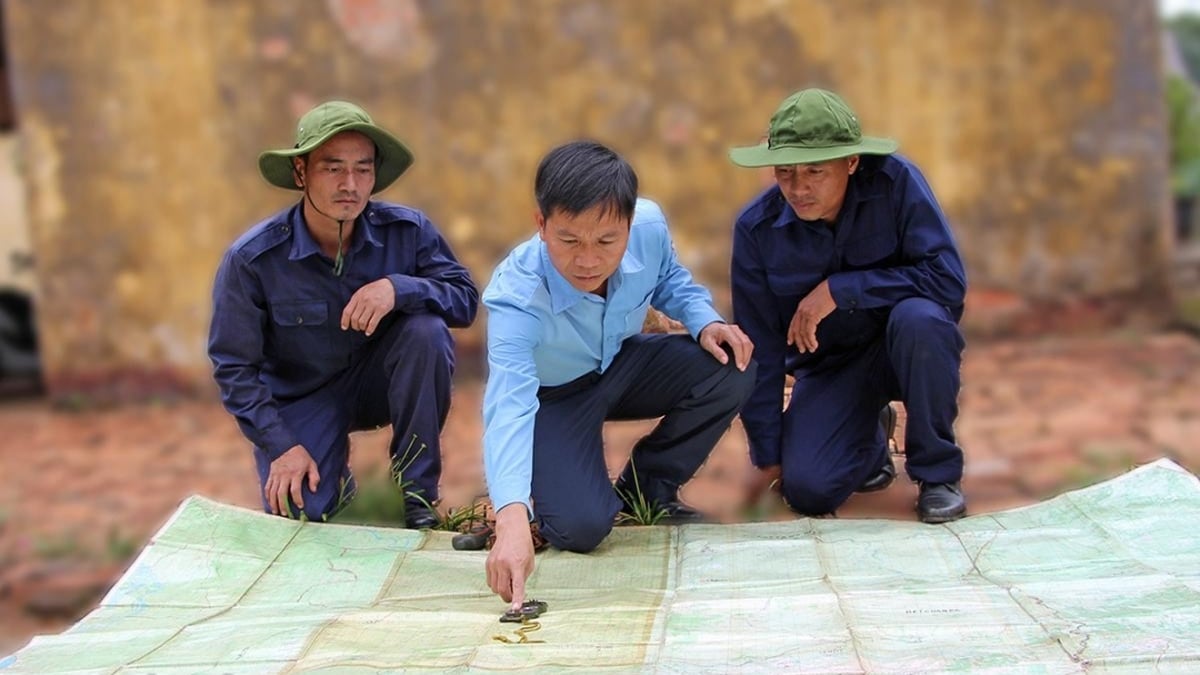


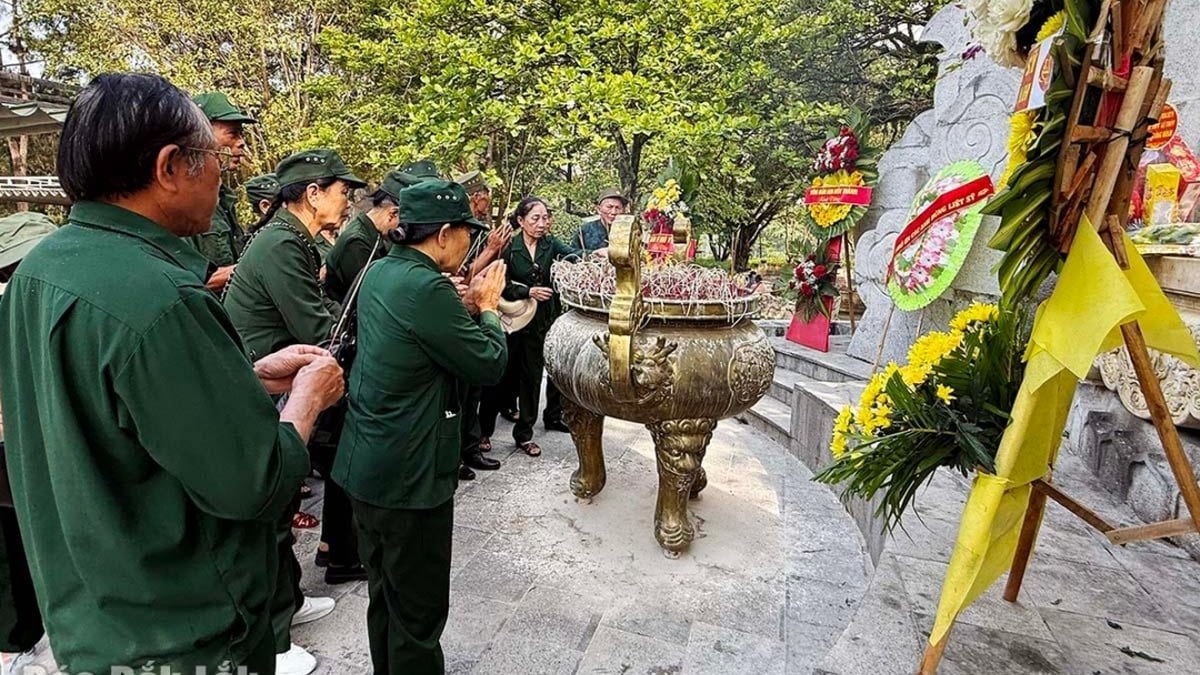
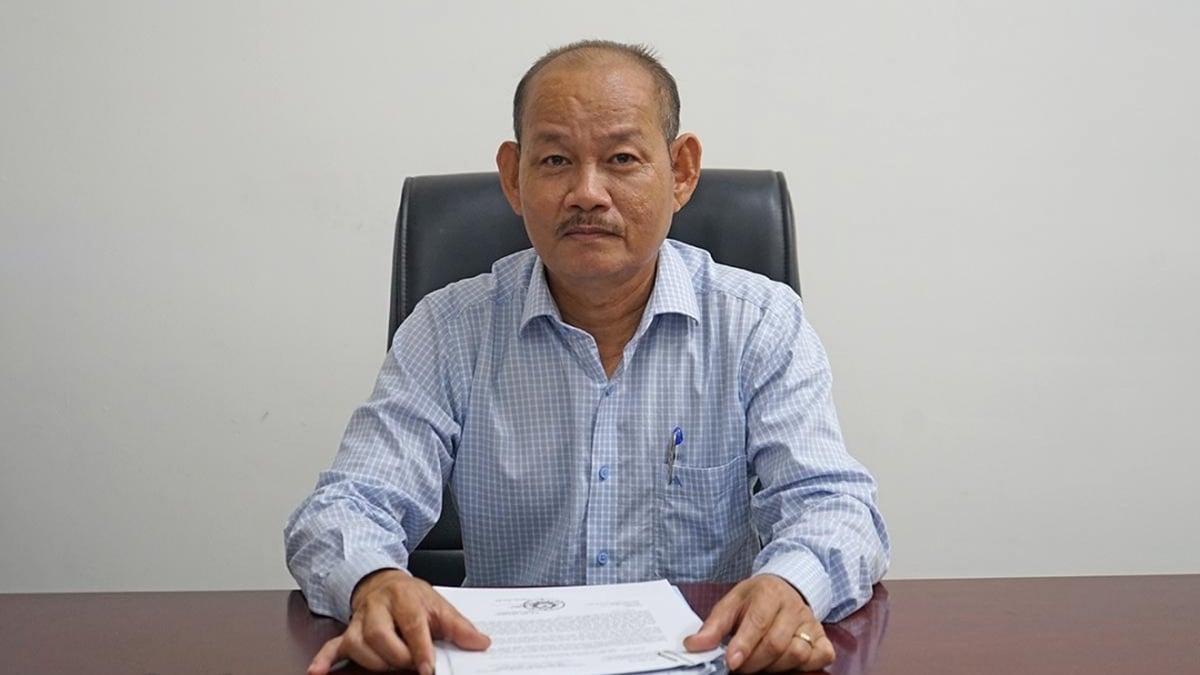
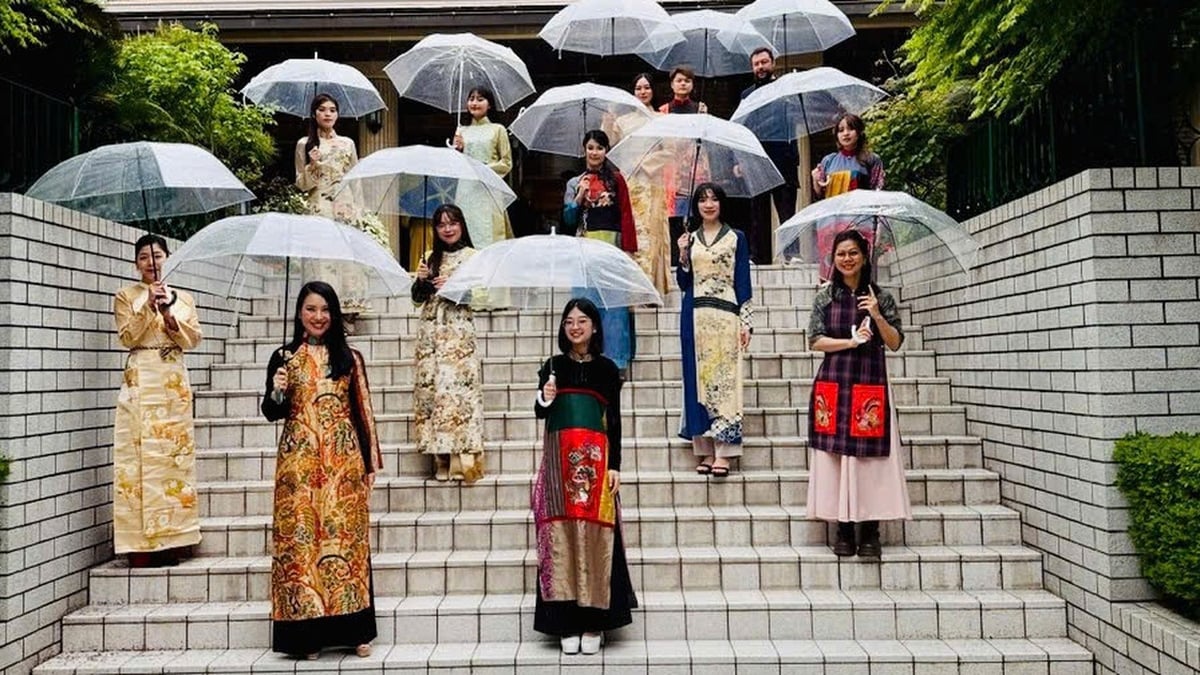


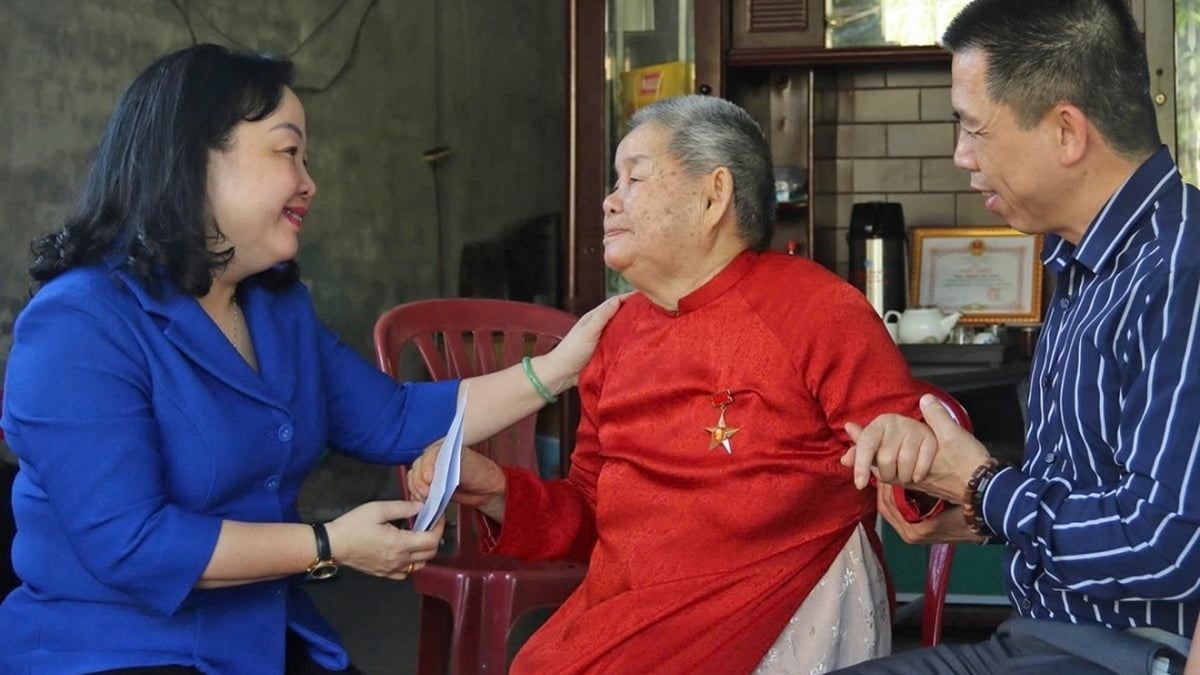
































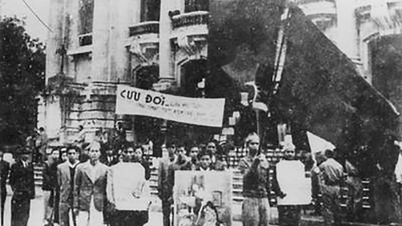






















![[Photo] National Assembly Chairman Tran Thanh Man receives Chairman of Morocco-Vietnam Friendship Association](https://vphoto.vietnam.vn/thumb/402x226/vietnam/resource/IMAGE/2025/7/26/b5fb486562044db9a5e95efb6dc6a263)
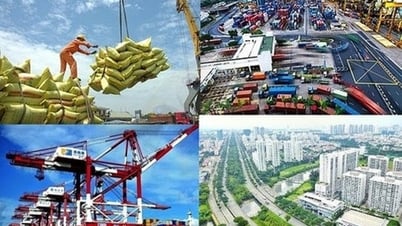


































Comment (0)